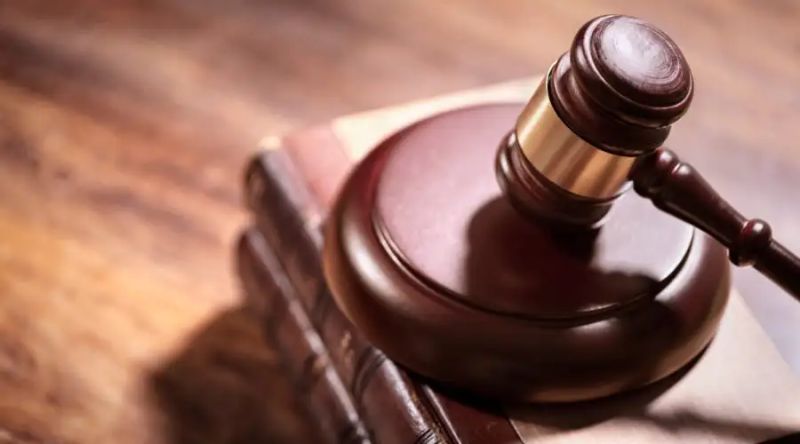
Washington D.C., Jul 18, 2023 / 08:30 am (CNA).
An Iowa judge on Monday granted Planned Parenthood of the Heartland’s request to temporarily block the state’s new “heartbeat” abortion ban. This means that abortion remains legal in Iowa for up to 20 weeks of pregnancy while legal challenges to the heartbeat law work their way through the courts.
Iowa’s heartbeat law prohibits abortion after an unborn baby’s heartbeat is detectable, which is typically at about six weeks. The law does include exceptions for rape, incest, and fetal abnormalities. The measure was signed into law by Iowa Gov. Kim Reynolds on Friday and took immediate effect.
Polk County District Court Judge Joseph Seidlin’s order suspended the law while it is being reviewed.
The law was passed by Iowa’s majority Republican Legislature in a one-day special session on July 11.
The day after the new law was passed, Planned Parenthood of the Heartland and several other pro-abortion groups filed their legal challenge to the pro-life law. The pro-abortion groups argued that the heartbeat law violates the state constitution’s inalienable rights clause. The clause guarantees that men and women are free and equal and are guaranteed the rights to enjoy and defend life and liberty; acquire, possess, and protect property; and pursue and obtain safety and happiness.
Reynolds responded to the judge’s temporary blockage of the law by saying: “While life was protected for a few days, now even more innocent babies will be lost.”
“In their own words, the abortion industry stressed the need for a temporary injunction so they could continue with 200 scheduled abortions in the next two weeks,” Reynolds said. “The abortion industry’s attempt to thwart the will of Iowans and the voices of their elected representatives continues today, but I will fight this all the way to the Iowa Supreme Court, where we expect a decision that will finally provide justice for the unborn.”
Iowa lawmakers passed the same law in 2018, but the legislation was struck down in the courts because of precedent set in Roe v. Wade. Although the landmark Supreme Court ruling was overturned in June 2022, the Iowa Supreme Court declined to take up the state’s appeal of that ruling based on the changing precedent.
If you value the news and views Catholic World Report provides, please consider donating to support our efforts. Your contribution will help us continue to make CWR available to all readers worldwide for free, without a subscription. Thank you for your generosity!
Click here for more information on donating to CWR. Click here to sign up for our newsletter.




Leave a Reply